Streamline your shipments through direct integrations -
discover MSC’s full range of services and solutions that can be integrated with your system via APIs and EDIs.
MSC Direct Integrations deliver digital exchange of shipping data and improve businesses efficiency. It helps mitigate the risk of error and reduces the need for repetitive manual data entry and duplication of effort. Available MSC’s API (Application Programming Interface) and EDI (Electronic Data Interchange) solutions provide a secure connection between our system and yours. You can manage your MSC shipments
(making the booking and managing ongoing shipments)
directly from your existing supply chain management system*.
*Fees may apply
API or EDI: What’s the difference?
EDI
API
Discover our full range of solutions
Discover the MSC services that can be integrated into your system via APIs or EDIs.
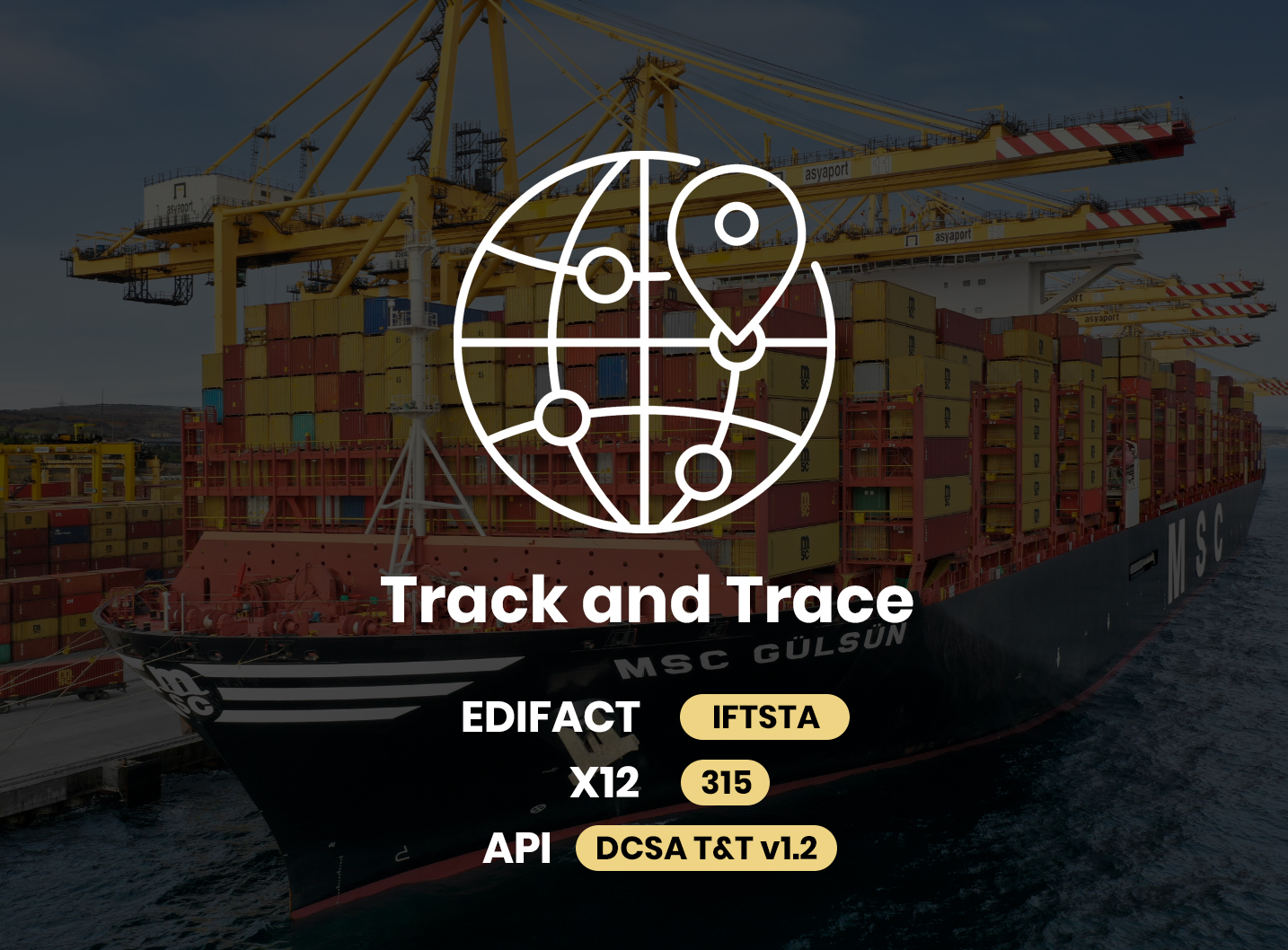
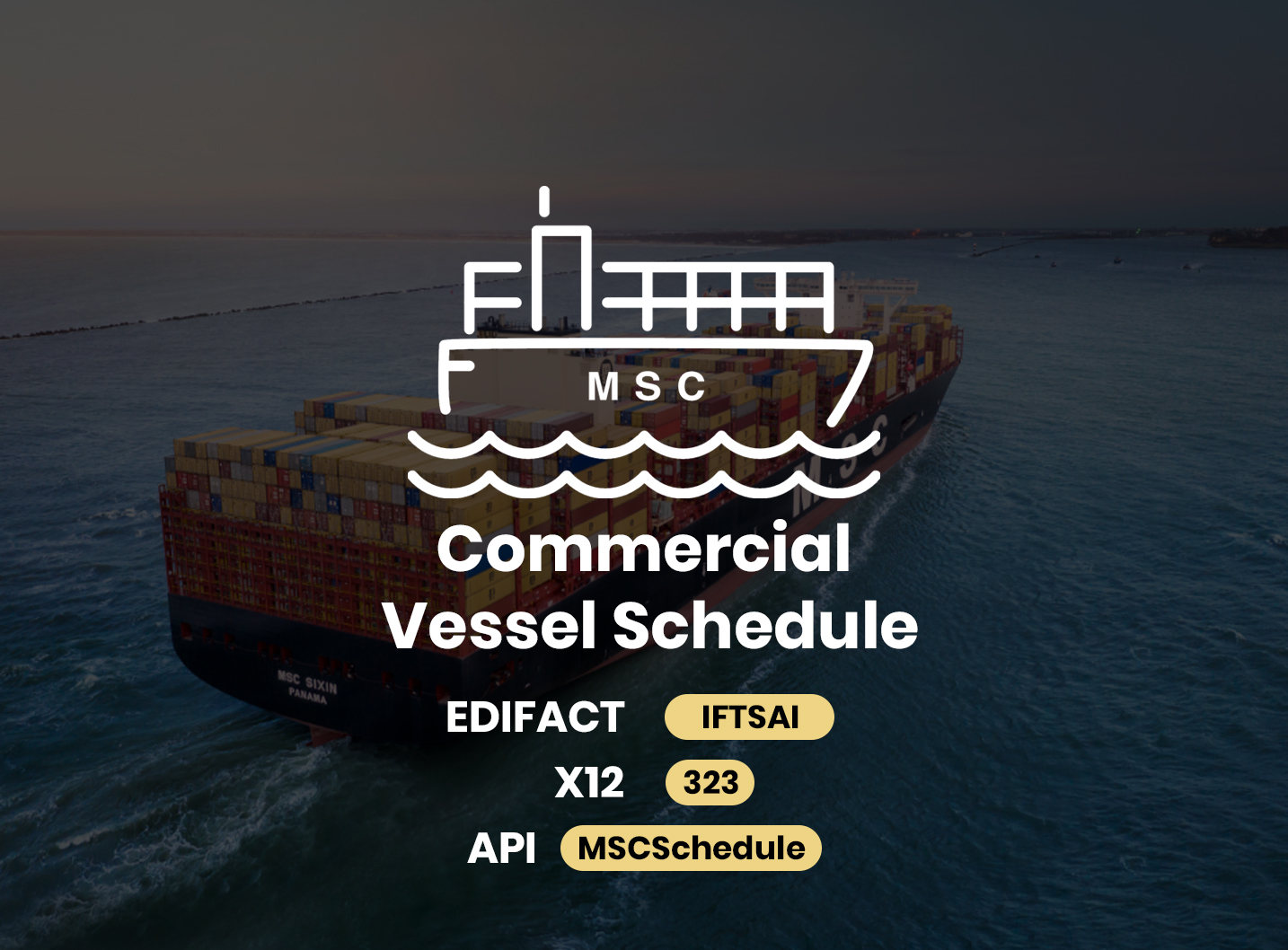
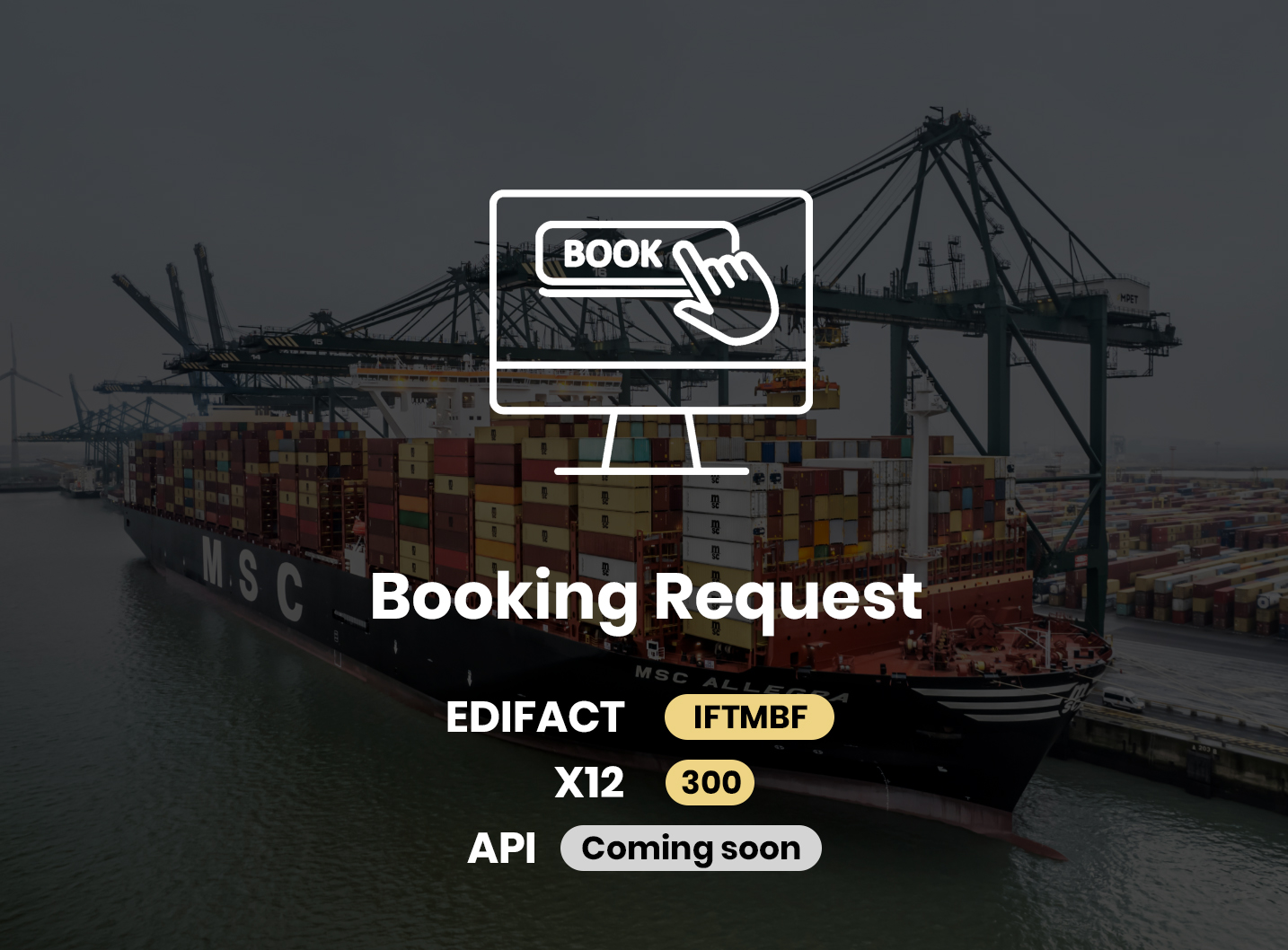
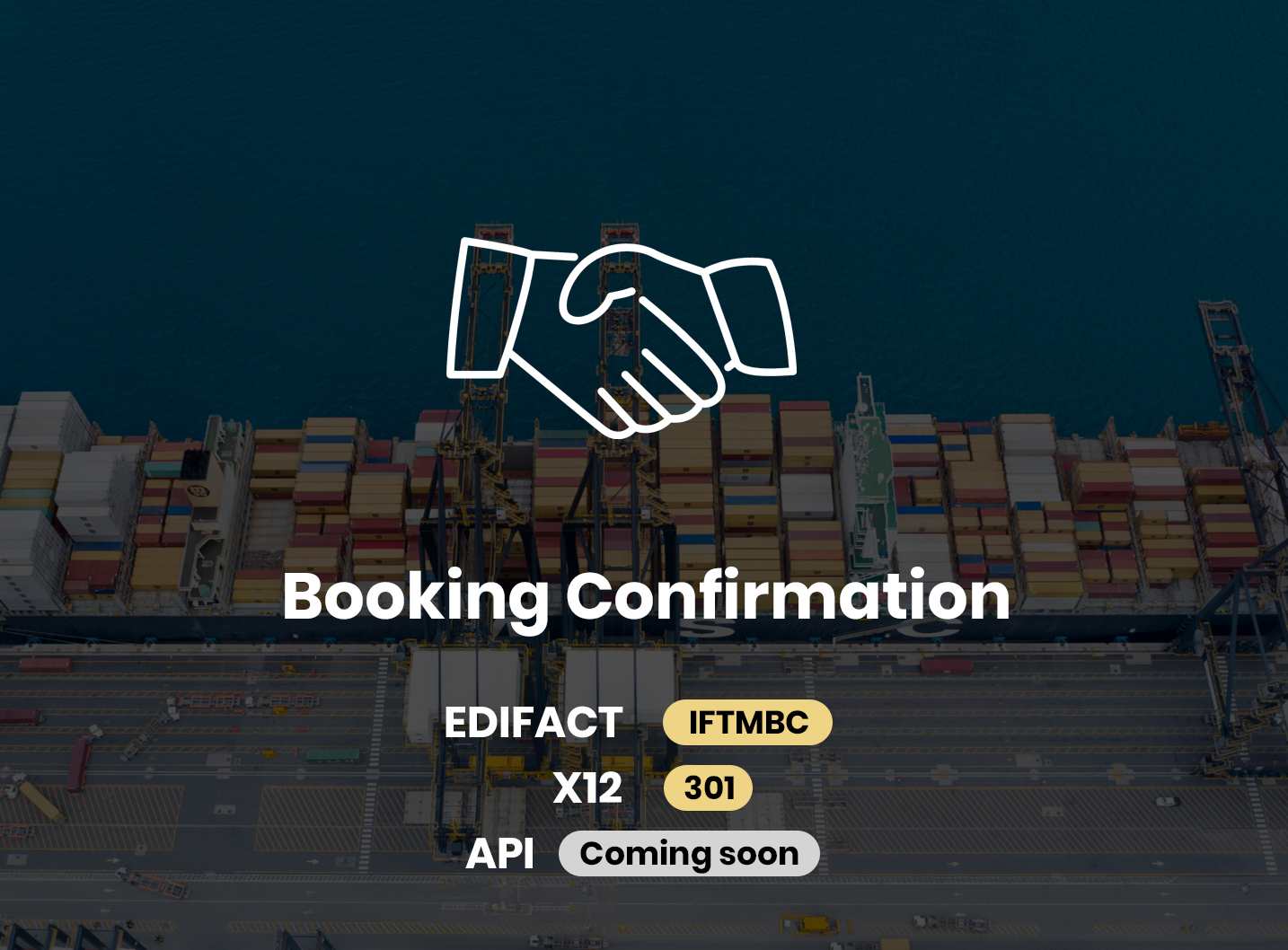
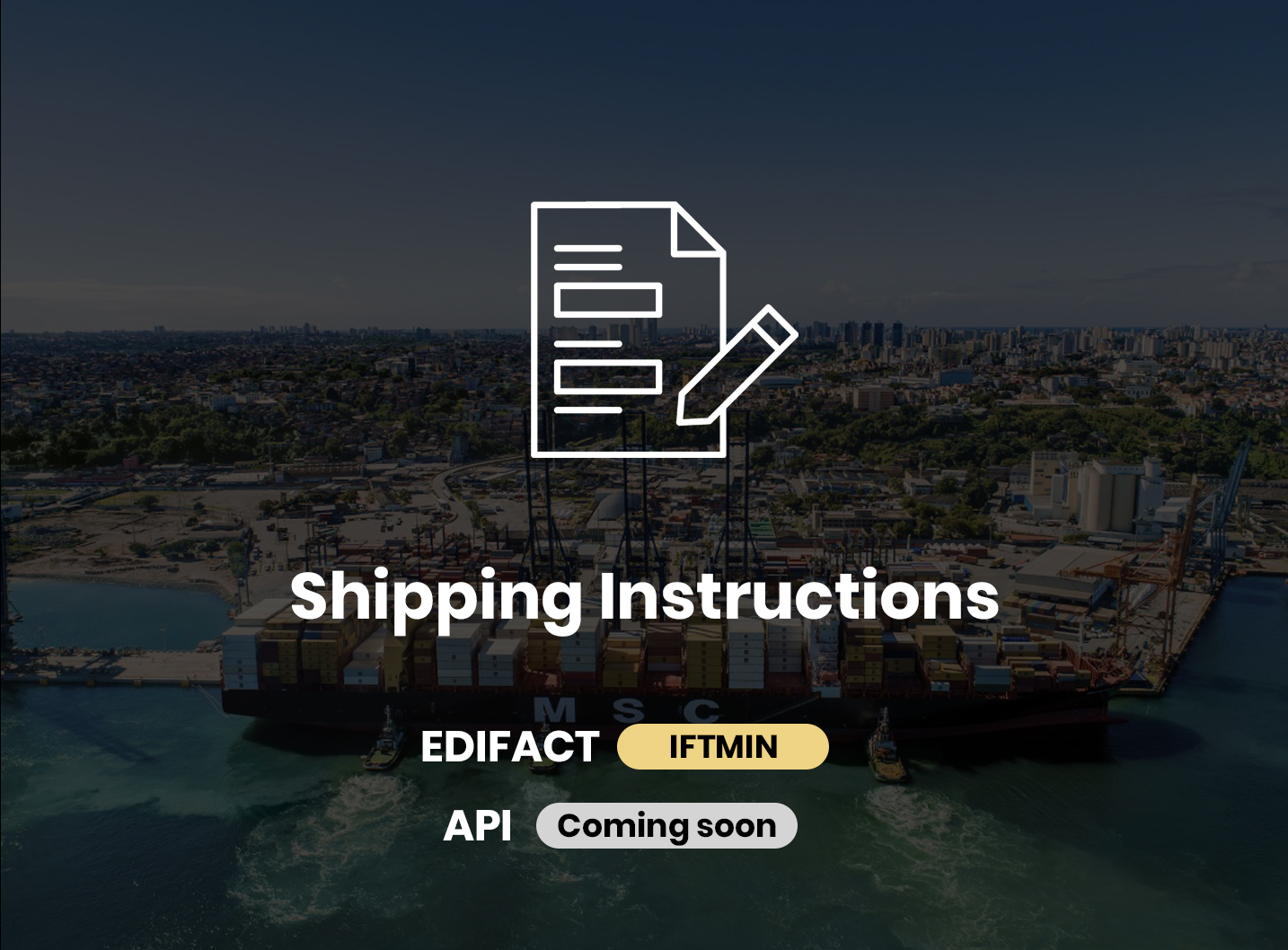
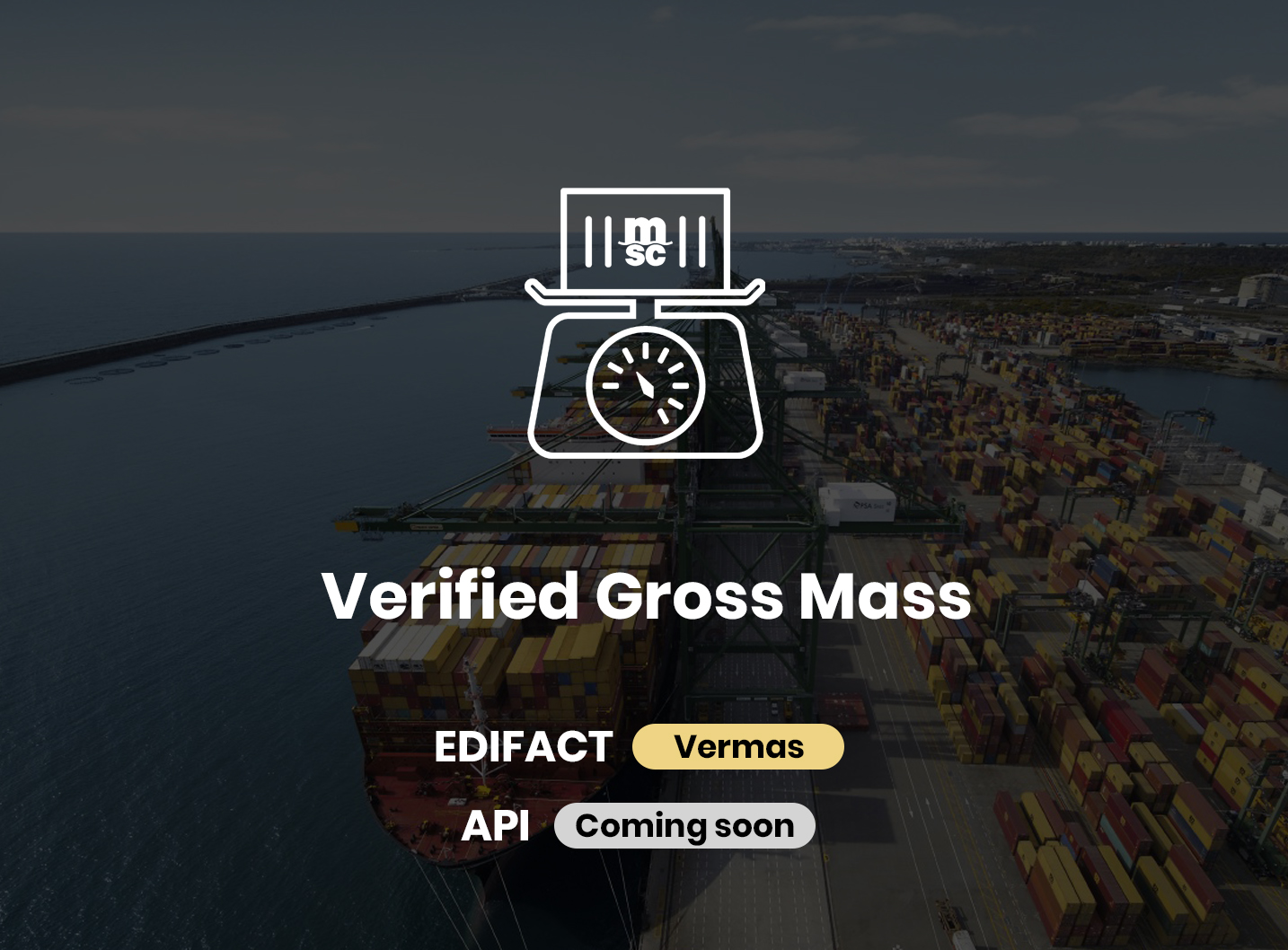
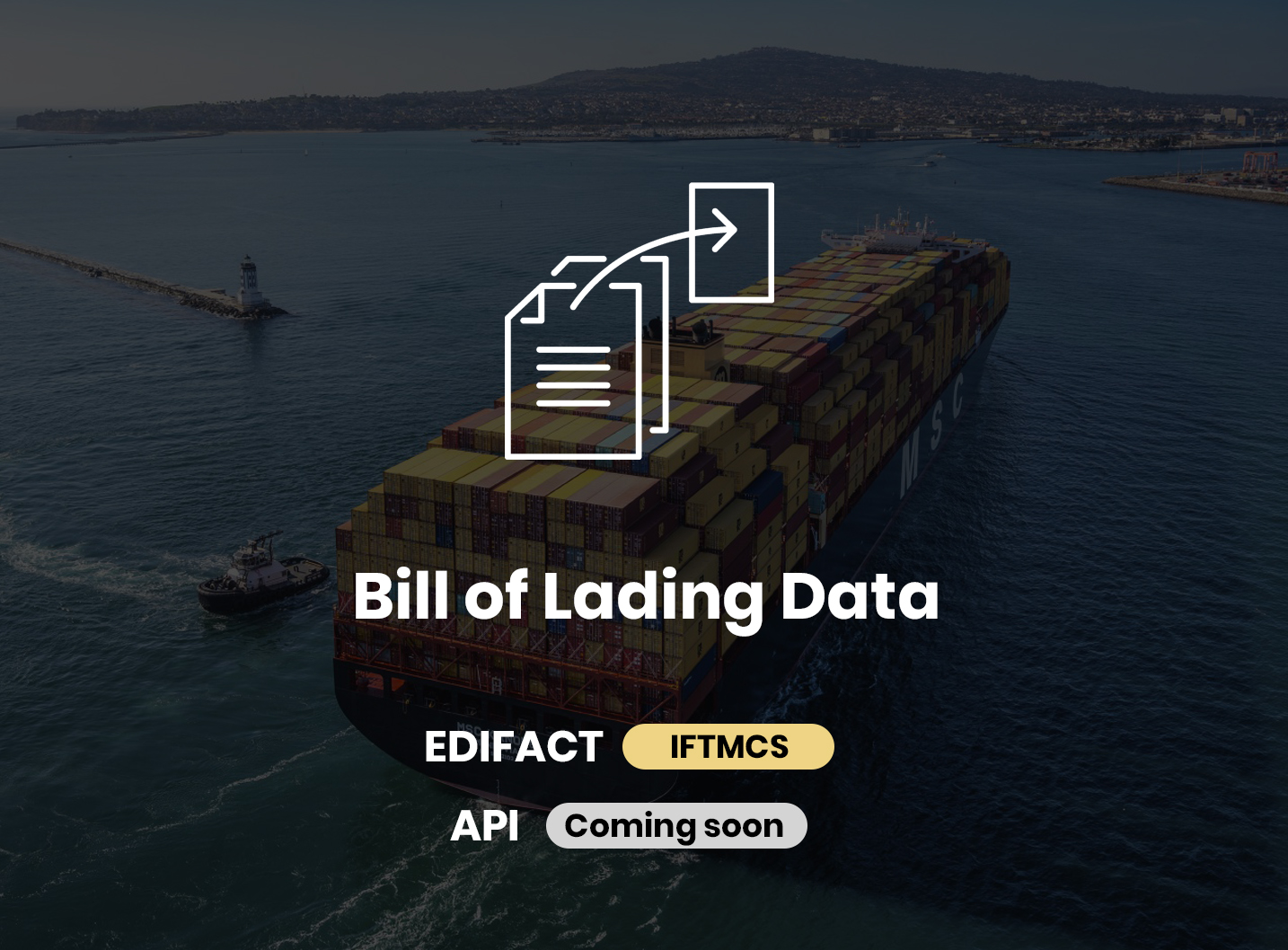
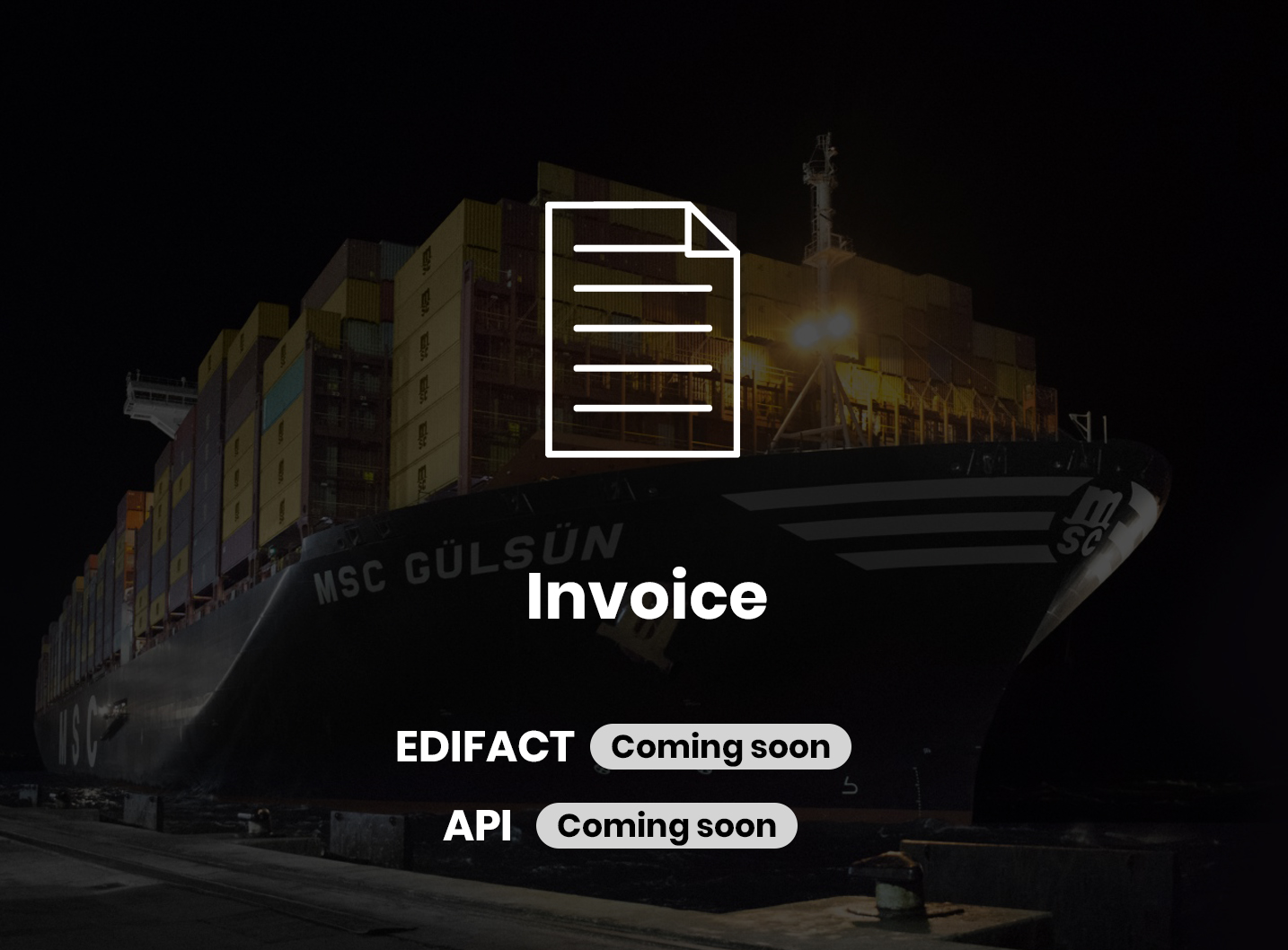

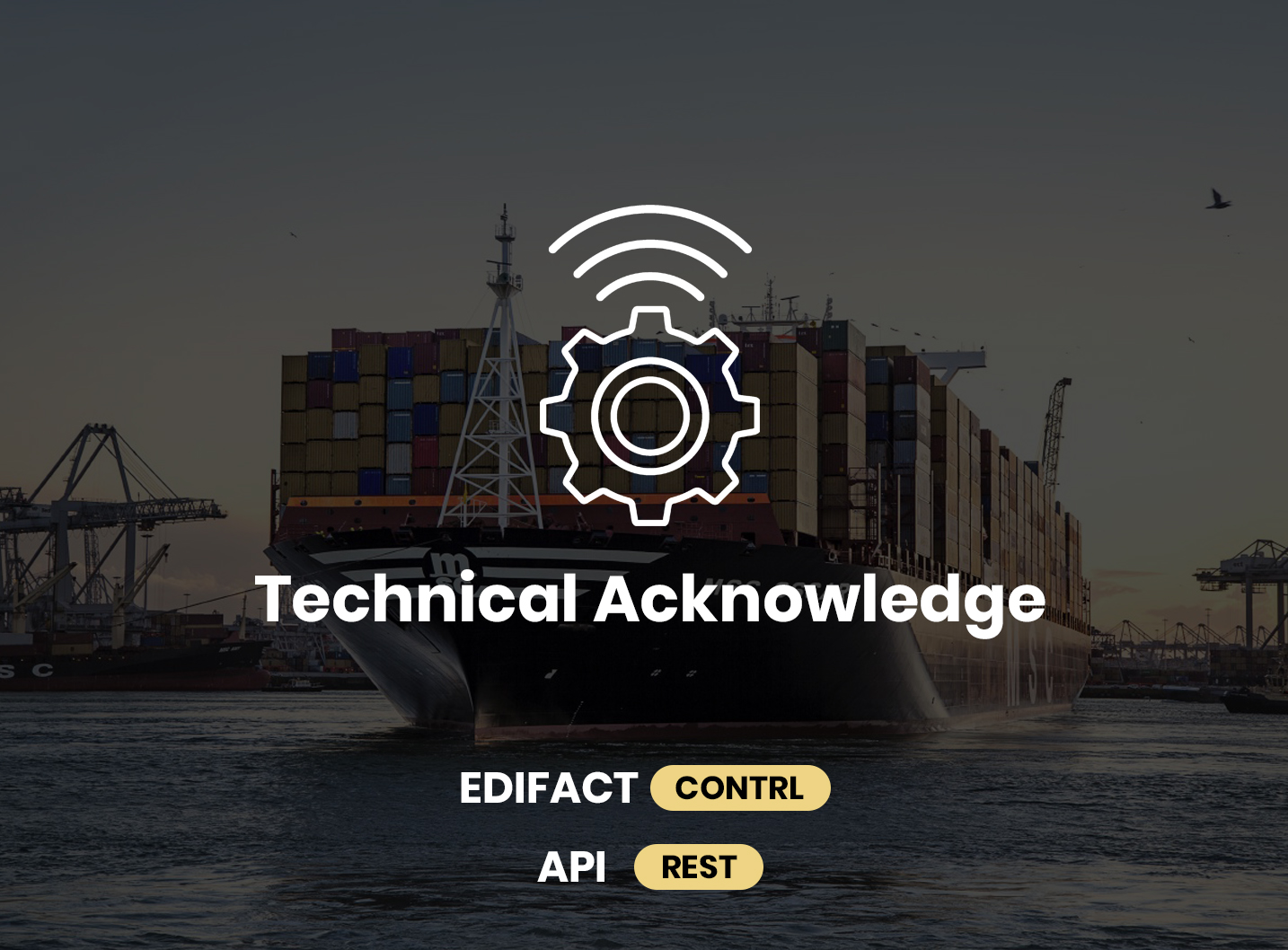

Designed to make a difference
All our direct integration solutions are designed to be compliant with industry standards, but that’s not all. Whether EDI or API, each technology exists to meet a real-life customer need.
In collaboration with our customers and partners, we design and tailor our technology solutions. This includes developing direct integration solutions for INTTRA, InforNexus and CargoSmart.
Designed to make a difference

All our direct integration solutions are designed to be compliant with industry standards, but that’s not all. Whether EDI or API, each technology exists to meet a real-life customer need.
In collaboration with our customers and partners, we design and tailor our technology solutions. This includes developing direct integration solutions for INTTRA, InforNexus and CargoSmart.
Onboarding is easy!
Whichever direct integration solution you select, MSC will make the onboarding process as quick and simple as possible.

Compliant with industry best practices
Find out more about the standards we follow at MSC:
Founded in April 2019, the Digital Container Shipping Association (DCSA) has been created to simplify and leverage collaboration in the shipping industry by promoting the adoption of harmonized and understandable standards for data and processes. As a founding member of the DCSA, MSC plays an important role in creating and adopting DCSA standards and definitions, including our Track and Trace API.
Maintained by UN/CEFACT (United Nations Centre for Trade Facilitation and Electronic Business) EDIFact is one of the most traditional standards in the shipping industry. EDIFact provides message layouts, codification lists, and general best practices followed by MSC for more than 20 years. EDIFact is used for the majority of MSC’s data exchange processes.
Chartered by ANSI (American National Standards Institute) the X12 standards are part of the most reliable and known EDI formats in the shipping industry. X12 has been broadly implemented at MSC in our data exchange processes.
Formed by carriers, terminal operators, port authorities and IT companies, SMDG leverages standardization across the maritime industry. It promotes the adoption of existing EDI messages by harmonizing the information carried on these messages. MSC follows SMDG recommendations and codifications, including the TCL (Terminal Code List).
BIC organization promotes safety, security, standardization, and efficiency within the container-shipping industry. MSC follows the consolidated standard for the identification of container owner prefixes and other key codifications besides supporting s the BFC (BIC Facility Codes) as the main set of codes for the identification of Depots in our data exchanges.
Connection partners
At MSC, we see the future as something to build together. We have a partnership with multi-carrier platforms allowing our customers to be connected and exchange information with MSC. Below you can find some of them:


